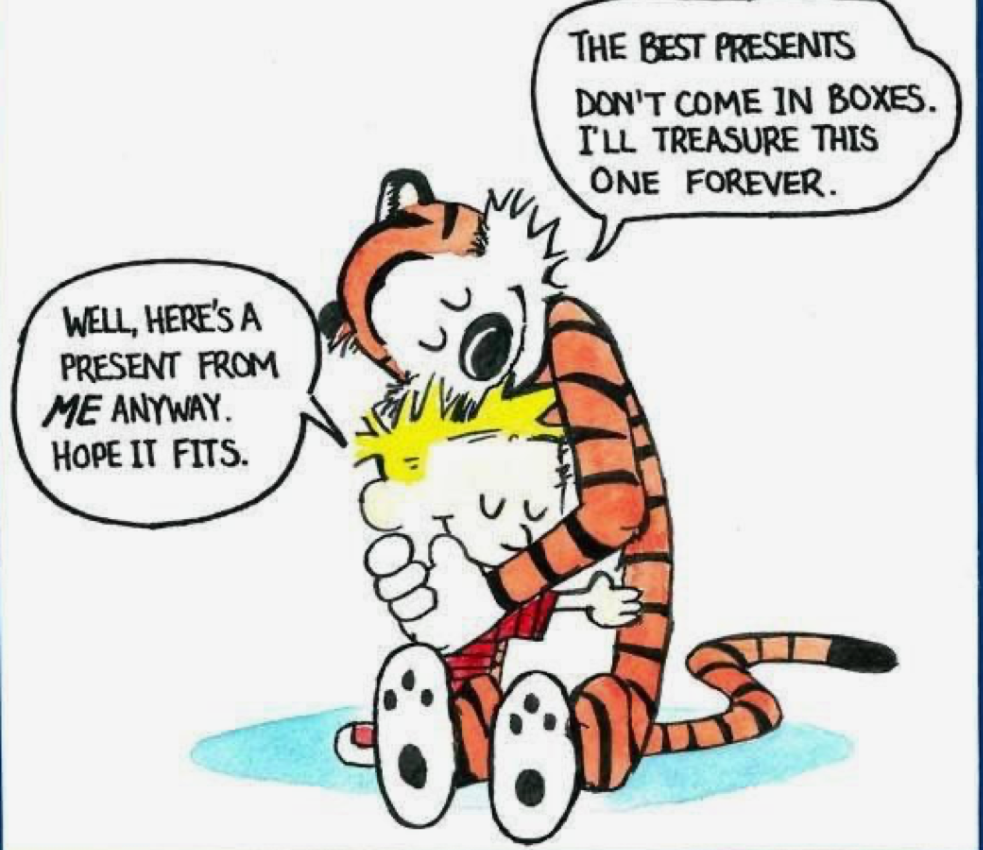Are friendships limited? An insight into Dunbar’s number

Who is a friend? Why do we have them, do we need them?
Why, the concept of Dunbar’s number, limits the number of meaningful relationships to 150.
Roles people play
Friends and peers play an essential role in the overall development, including the emotional wellbeing of individuals.
As a child
Children acquire social skills and imbibe the prevailing culture from friends and peers. They discover the basics of sharing, cultural values, linguistic nuances, understanding others’ pain, how to sympathise as well as develop compassion and empathy by observing others.
Play while you play
Play, a social interaction that is universal among the social tribes is uniquely essential in the young age, and it peaks at adolescence.
Play is an intrinsically pleasurable experience, which not only augments the physical fitness but teaches a few social values as well.
Learning while playing
Peer interactions or social play, which is an array of behaviour that trains individuals in social competence, context-dependent conduct, learning hierarchy and in teaching when to be a friend or a foe.
The peak of peer influence
During adolescence, peers hold much power over teens than over that of children or adults.
A study in 2013 showed that teenagers are amassing an average of more than four hundred Facebook friends, far more than adults. It shows their desperate need to belong and fit in.
The vulnerability, the peer influence brings along with is well known, peers influence in deviance training, a topic for another time.
Enter adulthood
Working environment, where competitiveness and getting ahead is the priority, is not an ideal place for establishing new friendships. Moreover, you do not want to show your quirky side or weaknesses to your competitors. There are exceptions to the rule, and you may strike few friendships with your colleagues as well.
Finite number
Your friend list in the real or virtual world may be substantial, but scientifically speaking, there seems to be a limit to the number of friends with whom you can sustain a meaningful relationship.
Dunbar number-the limit of 150
The actual number of friends you can have, with stable, quality and meaningful relationships is 150, which is known as Dunbar’s number, named after the British anthropologist Robin Dunbar.
Arriving at a mean value
There’s no fast and rigid rule here, as the number can go up or down as per one’s gender, social exposure and identity. Extroverts,due to their social generosity,might do better when it comes to keeping more friendships. Dunbar proposed a value between 100 and 250, and number 150 was finalised as mean group size.
Anthropological studies
During the 90’s Dunbar, correlated between the average brain size and social group size one can comfortably maintain, that was founded on the Social Brain Hypothesis. He observed that primates have larger brains as they live in socially complex societies.
The mutual grooming habits observed in primates are essential for their cleansing, reducing stress and for a stable social structure.
His research results, which, based on other primates, were later extrapolated into humans.
Listen to Dunbar
“The odd thing about it is most people who have items named after them are dead”
Dunbar brags, with a tinge of sarcasm and thanks social media for making him famous.
Meaningful relationships

As per the youngster’s lexicon, it’s the number of friends they can interact without any embarrassment, any time, any day. For adults, the quality of relationships takes precedence over quantity. As one grows older, you evaluate, filter and settle for real friends, those who share similar values as yours, and have a comparable sense of humour like yours. Also, they would be generous and do you favours during any hardships.
Narrowing and enlarging the circle
Out of this 150, five would be your intimate friends, fifteen close ones, fifty good friends and the rest just friends.
Outside this 150 range comes 500 acquaintances, and 1500 people who you could put a name to a face.
Only 150 ?
The explanations provided for this limited number are cognitive limitation and time constraints.
Cognitive limitations
Your social circle is directly proportional to the size of your neocortex, and its capability in processing and maintaining a stable interpersonal relationship.
Time is limited
Time is vital in maintaining quality relationships, and the time you invest in your relationship shows your emotional closeness.
If time is money, then relationships are damn expensive. If the time invested in any relationship is less, its quality plummets, and gradually it decays.
Modern life
In this time-crunched age, as personal commitments pile up and one becomes occupied with their work and can’t take the time out of their lives, forget about 150, even a two-digit number seems to be unsustainable.
Scientific validation
Dunbar’s number has been validated based on the data collected from the average number of Christmas cards sent, the number of close guests you invite for any occasion and the friend list you commonly use for communications.
The more, the merrier rule pertains to virtual friends? Dunbar’s observation
Various social media platforms show a trend of ever-increasing friend lists and a vast number of followers, which doesn’t translate to anything meaningful unless the person who uses it is under 24 years and born into the digital era, where they are used, mostly to this kind of social relationships.
In support of social bonding
Dunbar is old school when it comes to virtual friends, and he is more in favour of face to face interactions and spending time with the real world friends than getting connected in the emoticon realm, which, as per Dunbar, lacks the essence and warmth of social bonding.
Wider applications
Dunbar’s number has gained popularity in its broader application while selecting the optimum number of people working in the military, political or any other business field, where individuals can function together with adequate cooperation and consensus.
Laughter impacts how we experience friendship
As per Dunbar, if you can laugh genuinely with someone over a joke without any pretences, that reflects a decent relationship, as laughter is the most fundamental thing that makes the world go around.
Shared laughter, a simple squeeze of the arm, a warm hug or reassuring smile, these seemingly subtle social gestures leaves a considerable impact on the wellbeing of the individuals. Explained through the lens of a biologist, all these warm social interactions trigger a cascade of endorphins which are essential in maintaining healthy social relationships.
The best in you
In the finite world that we live in, everything is limited, including friendships. Stay with friends who value you and love you for what you are, and brings about the best in you.
As Hobbes expressed, perhaps it’s presence over presents.





